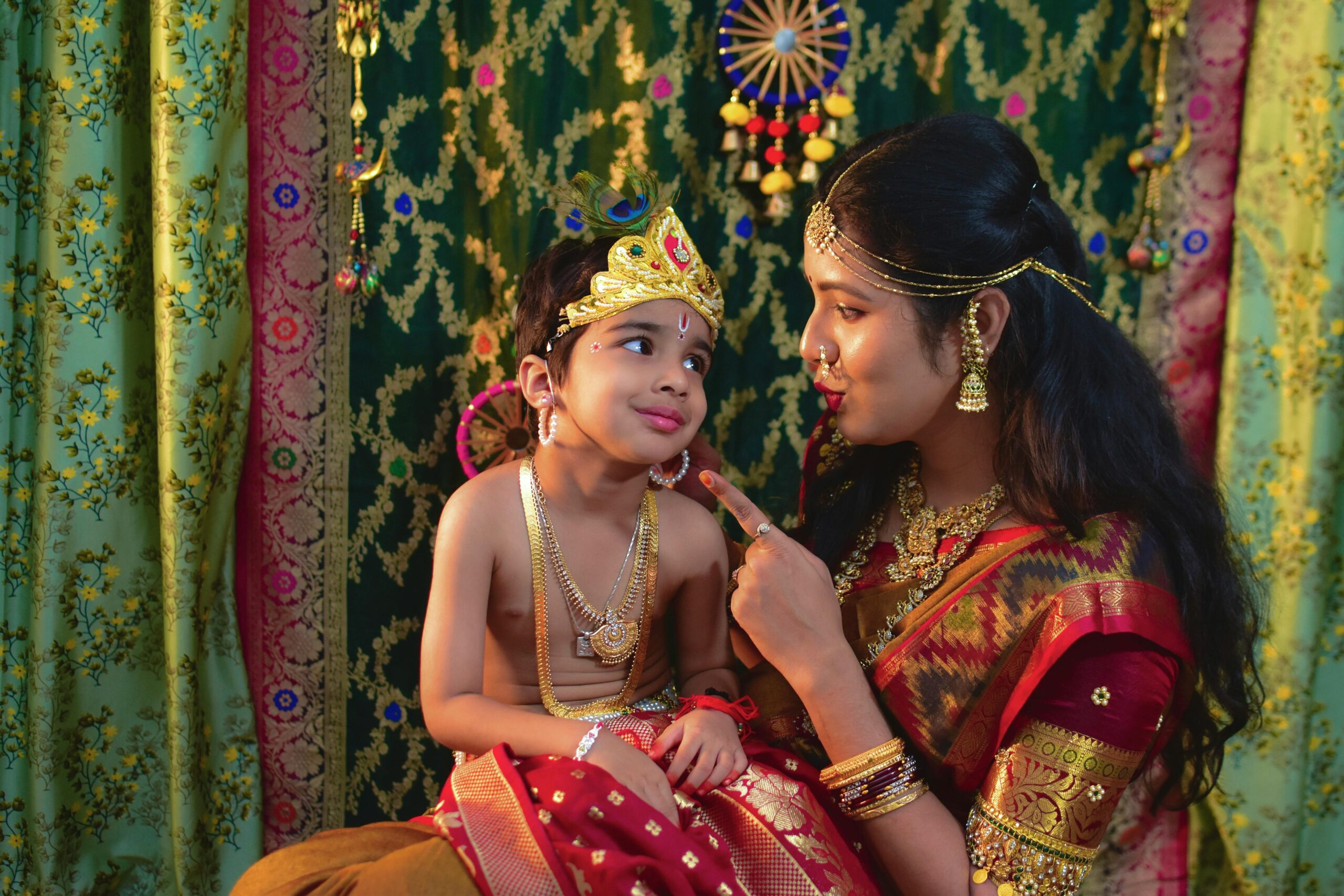Homeschooling is gaining traction in India as an alternative form of education that allows parents to take the reins of their child’s learning journey.
While still a niche practice, it has seen a steady rise in popularity due to dissatisfaction with traditional schooling systems, advancements in technology, and the increasing need for customized education.
However, like any educational approach, homeschooling has its own set of advantages and challenges. This blog explores the pros and cons of homeschooling in the Indian context to help parents make an informed decision.
Understanding Homeschooling
Homeschooling refers to the practice of educating children at home rather than enrolling them in a formal school. Parents or hired tutors take on the role of teachers, often using a curriculum tailored to the child’s needs and interests. In India, homeschooling operates in a legal grey area—it is not explicitly recognized by the government but is not illegal either. The lack of rigid regulations gives parents a certain degree of freedom, but it also means limited official support.
Pros of Homeschooling in India
1. Customized Learning Experience
One of the most significant advantages of homeschooling is the ability to tailor the curriculum and teaching methods to suit the child’s unique learning style, pace, and interests. For instance, if a child excels in mathematics but struggles with language skills, parents can allocate more time and resources to improve the latter without the constraints of a standardized syllabus.
2. Flexibility in Scheduling
Homeschooling offers unparalleled flexibility. Parents and children can decide their study hours, allowing for breaks, travel, or extracurricular activities. This is particularly beneficial for families who relocate frequently due to work or personal reasons.
3. Focus on Holistic Development
Many parents turn to homeschooling to nurture their child’s overall development rather than just academic success. With fewer time constraints, children can explore various hobbies, sports, and life skills, fostering creativity and independence.
4. Freedom from Peer Pressure and Bullying
Traditional schools can sometimes expose children to negative peer influences or bullying, which can impact their mental health and self-esteem. Homeschooling provides a safe and nurturing environment, allowing children to grow without such pressures.
5. Strengthened Parent-Child Bond
Homeschooling creates opportunities for parents to spend quality time with their children, strengthening emotional bonds and understanding. This close interaction can lead to better communication and a deeper understanding of the child’s needs and aspirations.
6. Adaptability for Special Needs
Children with special educational needs, such as those on the autism spectrum or with ADHD, often benefit from the personalized attention and flexible learning environment that homeschooling provides. Parents can use specific techniques and tools that address their child’s unique challenges.
7. Cost-Effectiveness
While homeschooling does have expenses such as books, materials, and online resources, it can still be more cost-effective than private schooling, especially in urban areas where tuition fees are exorbitant.
Cons of Homeschooling in India
1. Lack of Social Interaction
One of the primary criticisms of homeschooling is the limited opportunity for children to interact with peers. Traditional schools provide a structured environment for socialization, teaching children teamwork, conflict resolution, and communication skills. Homeschooling parents need to actively seek social opportunities through community groups, extracurricular classes, or playdates.
2. Parental Time and Commitment
Homeschooling demands significant time, effort, and dedication from parents. Managing lesson plans, teaching, and assessing progress can be overwhelming, especially for working parents. It often requires one parent to take on the role of a full-time educator.
3. Limited Access to Resources
While urban areas have better access to libraries, extracurricular activities, and homeschooling networks, rural and semi-urban regions may lack these facilities. Parents in such areas might find it challenging to provide a well-rounded education.
4. Lack of Recognition
In India, the formal education system is deeply ingrained in society. Homeschooled children may face challenges in gaining admission to higher education institutions or qualifying for certain competitive exams. Although boards like the National Institute of Open Schooling (NIOS) and the Cambridge International Examinations (CIE) cater to homeschoolers, the lack of mainstream recognition can be a hindrance.
5. Financial Burden
While homeschooling can be cost-effective compared to elite private schools, it is not without its financial challenges. Purchasing educational materials, subscribing to online courses, and hiring tutors (if needed) can add up. Additionally, the opportunity cost of one parent stepping away from their career to homeschool must be considered.
6. Potential for Gaps in Education
Not all parents are equipped to teach all subjects effectively, especially as children progress to higher grades. This can lead to gaps in knowledge, particularly in specialized subjects like science or mathematics. While online resources and tutors can help, they require additional effort and expense.
7. Increased Responsibility
Homeschooling places the entire responsibility of a child’s education on the parents. From selecting the curriculum to ensuring academic progress and personal development, parents need to juggle multiple roles, which can be stressful.
8. Limited Extracurricular Opportunities
While homeschooling allows for flexibility, access to sports teams, music bands, or drama clubs—common in traditional schools—may be limited. Parents need to seek out or create such opportunities independently, which can be time-consuming and costly.
Key Considerations for Indian Parents
Legal and Institutional Support
Although homeschooling is not illegal in India, it lacks formal recognition, which can pose challenges for higher education and career pathways. Parents should explore options like NIOS or international curricula to ensure that their child’s education is formally documented.
Support Networks
Joining homeschooling communities and support groups can provide valuable resources, guidance, and socialization opportunities for both parents and children. These networks are growing in India, especially in metropolitan areas.
Balanced Approach
Parents considering homeschooling should aim for a balanced approach, combining academic learning with extracurricular activities, social interactions, and life skills development.
Is Homeschooling Right for You?
Deciding whether to homeschool involves evaluating your family’s unique circumstances, goals, and capabilities. Here are some questions to help guide your decision:
- Are you prepared to dedicate time and resources to your child’s education?
- Does your child thrive in a flexible and personalized learning environment?
- Are you equipped to address potential gaps in socialization and extracurricular activities?
- How will you ensure your child’s education aligns with future academic and career aspirations?
Conclusion
Homeschooling in India offers an alternative pathway to education, enabling parents to provide a customized, flexible, and holistic learning experience. However, it also comes with challenges, including the need for significant parental involvement, limited social interaction, and potential recognition issues.
By weighing the pros and cons carefully, parents can determine whether homeschooling aligns with their child’s needs and family’s goals. Ultimately, the success of homeschooling depends on the commitment, creativity, and resourcefulness of the parents.



